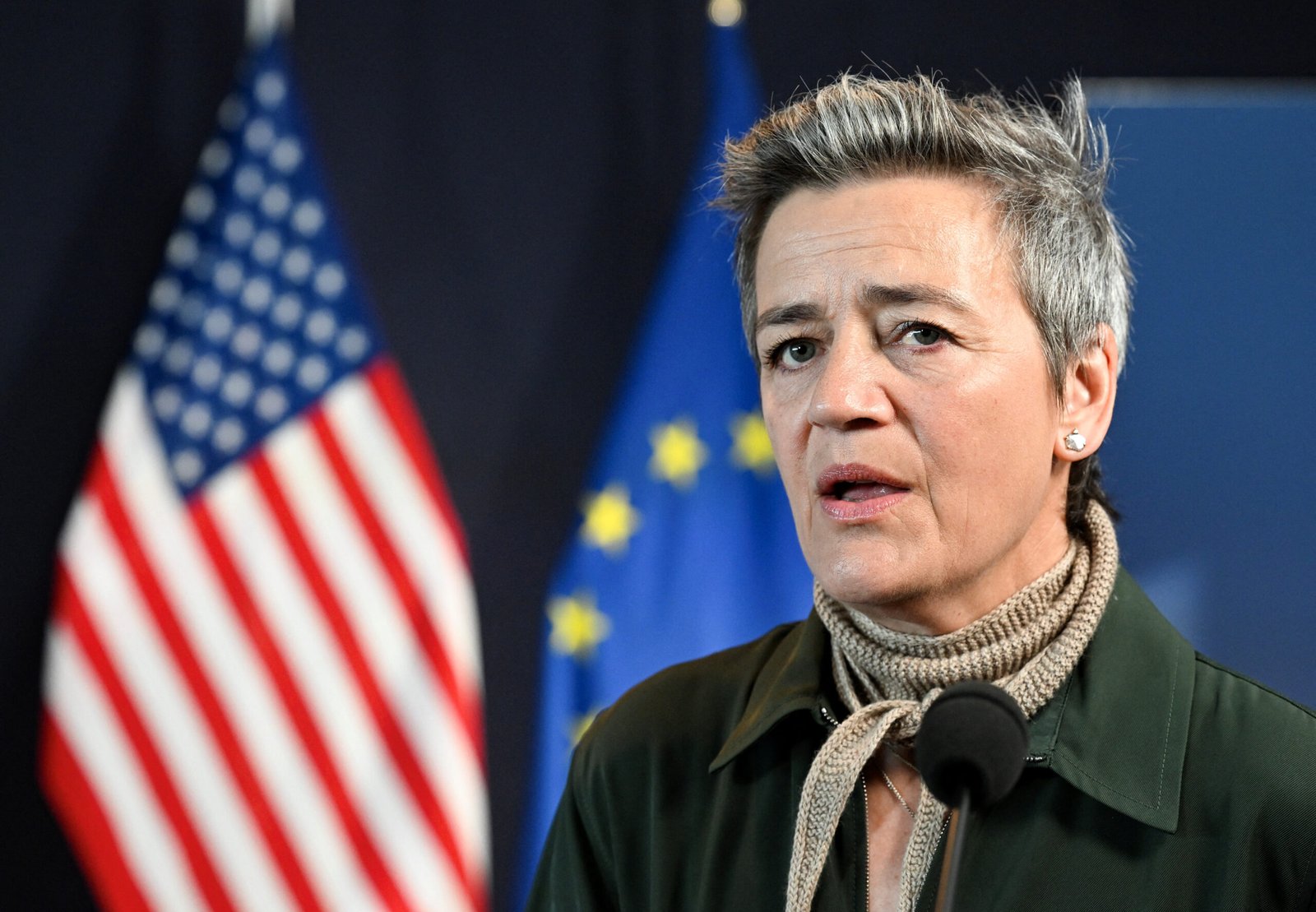Introduction: Entering the Era of Tech Regulation
In today’s rapidly evolving technological landscape, the intersection of artificial intelligence (AI) and regulation has become increasingly prominent. Margrethe Vestager, the European Commissioner for Competition, has emerged as a pivotal figure in shaping the regulatory framework surrounding AI technologies. With her latest initiative, the Margrethe Vestager AI Act, she aims to address the ethical, legal, and societal implications of AI. This groundbreaking legislation promises to redefine the way we approach AI governance and its impact on society.
Understanding the Margrethe Vestager AI Act
The Margrethe Vestager AI Act represents a bold step towards comprehensive regulation of AI technologies within the European Union (EU). This legislation seeks to establish clear guidelines and standards for the development, deployment, and use of AI systems across various sectors. One of the key objectives of the act is to ensure transparency, accountability, and fairness in AI decision-making processes. By setting strict requirements for AI developers and users, Vestager aims to mitigate the risks associated with AI, such as bias, discrimination, and privacy violations.
Key Provisions and Implications
Under the Margrethe Vestager AI Act, AI systems classified as high-risk will be subject to stringent regulatory requirements. These include mandatory risk assessments, data transparency measures, and human oversight mechanisms. Additionally, the act prohibits certain types of AI applications deemed incompatible with fundamental rights and values, such as social scoring and real-time biometric identification. By imposing these restrictions, Vestager aims to safeguard individual liberties and prevent potential abuses of AI power.
Challenges and Controversies
While the Margrethe Vestager AI Act has been lauded for its ambitious goals, it also faces criticism and skepticism from various stakeholders. Some argue that the regulatory burden imposed by the act could stifle innovation and hinder the competitiveness of European tech companies on the global stage. Others raise concerns about the feasibility of enforcing such comprehensive regulations and the potential for unintended consequences. Balancing the need for regulation with fostering innovation remains a significant challenge for policymakers and regulators.
Global Impact and Collaboration
The implications of the Margrethe Vestager AI Act extend beyond the borders of the European Union, shaping the global discourse on AI regulation. As other countries grapple with similar challenges, there is growing recognition of the need for international cooperation and harmonization of AI standards. Vestager has called for collaboration with global partners to establish common principles and frameworks for AI governance, reflecting the interconnected nature of the digital economy and the shared responsibility to ensure its ethical and responsible development.
The Road Ahead: Navigating the Future of AI Regulation
As the Margrethe Vestager AI Act moves closer to implementation, stakeholders across the tech industry, civil society, and academia are preparing for its impact. While the regulatory landscape may undergo significant transformation, uncertainty remains regarding the practical implications and enforcement mechanisms of the act. Continuous dialogue, adaptation, and iterative refinement will be essential in addressing emerging challenges and ensuring that the regulatory framework remains agile and responsive to technological advancements.
Conclusion: Shaping a Responsible AI Future
In conclusion, the Margrethe Vestager AI Act represents a milestone in the evolution of AI regulation, signaling a paradigm shift towards greater accountability and ethical governance. By setting clear standards and expectations for the development and deployment of AI technologies, Vestager aims to foster trust and confidence in the digital ecosystem while safeguarding fundamental rights and values. As we navigate the complex terrain of AI regulation, collaboration, innovation, and adaptability will be key to shaping a future where AI serves the common good and empowers humanity.

